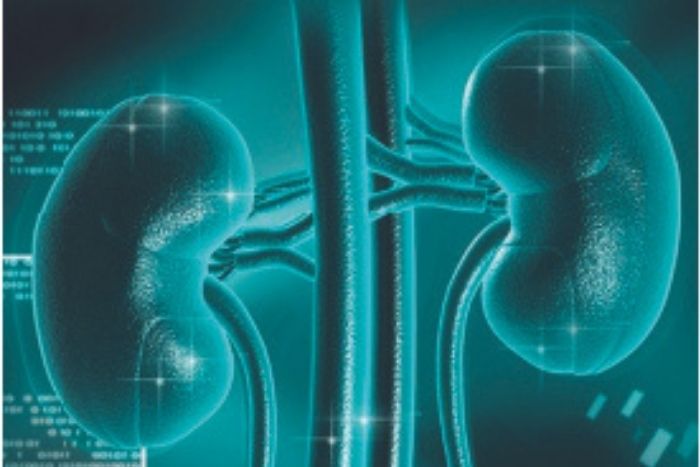Post Basic Renal Nursing(R/0913/3/0034) (05/31) (MQA/FA 13100)

Programme Overview:
The 6-month course is designed to equip Registered Nurses with advanced nephrology nursing knowledge and evidence-based clinical skills. Its primary objective is to empower nurses in helping in achieving optimal health, prevent the occurrence of Chronic Kidney Disease (CKD) and provide quality kidney replacement therapy for End Stage Renal Disease (ESRD) populations in the nation. To fulfil the evolving society’s needs, providing specialized care to population with kidney conditions, nurses undergo preparation encompasses a blend of formal education, hands-on clinical experience, continuous professional development, and adherence to evolving healthcare standards.
Programme Outline
- Renal Science
- Fundamental Aspects in Renal Nursing
- Nephrology Nursing
- Peritoneal Dialysis
- Renal Transplant
- Hemodialysis
- Clinical Practice*
*Clinical Practice will be in government hospital
Minimum Entry Requirements
| REQUIREMENTS |
|---|
|
Career Opportunities
- Clinical Nephrology Nurse
- Nephrology Nurse Educator
- Management and Leadership
– Dialysis Centers: Working in outpatient dialysis centers providing hemodialysis or peritoneal dialysis
– Hospitals: Caring for patients with acute or chronic kidney conditions in nephrology units
– Patient Education: Teaching patients and their families about managing kidney disease, dialysis, and transplant care.
– Nurse Manager: Overseeing nursing staff in dialysis centers and hospital units.
– Staff Education: Training newly joined nurses and ongoing professional development for current staff.
Programme Highlights
- Specialized Knowledge and Skills
- Comprehensive Patient Care
- High Demand and Job Security
- Rewarding and Fulfilling Work
– Expertise in kidney function and disease: Nephrology nurses possess in-depth knowledge of kidney anatomy, physiology, and pathophysiology, enabling them to manage a wide range of renal conditions.
– Dialysis Management: Skilled in performing and managing both hemodialysis and peritoneal dialysis, ensuring patients receive the optimum kidney replacement therapy.

– Chronic Disease Management: Providing continuous care and monitoring for patients with chronic kidney disease (CKD), helping to slow disease progression and manage complications.
– Acute Care: Managing acute kidney injuries (AKI) and working in acute care settings where renal function support is required.
– Patient Education: Educating patients and their families about kidney disease management, lifestyle changes, and treatment options, empowering them to take an active role in their health.

– Growing Need: With the increasing prevalence of diabetes, hypertension, and an aging population, the demand for skilled nephrology nurses is rising.
– Job Stability: Nephrology nursing offers stable and rewarding career opportunities in various settings, including hospitals, outpatient clinics, dialysis centers, and home health care.

– Making a Difference: Nephrology nurses play a crucial role in improving the quality of life for patients with kidney disease, providing compassionate care, and supporting them through challenging times.
– Patient Relationships: Building long-term relationships with patients, often following them through various stages of their illness and treatment.








